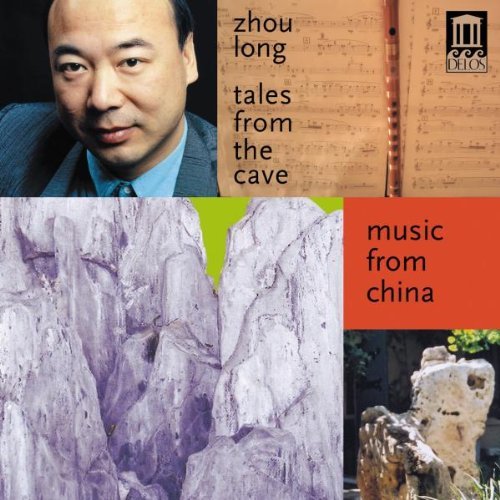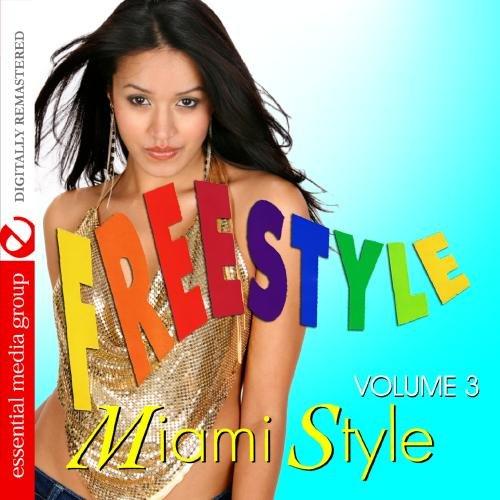
Poetry. In Sally Thomas's MOTHERLAND, the poet keenly observes the ephemeral and the everlasting in the lens of time--the daily into seasonal transformations, the gifts and wonders of nature and people. MOTHERLAND by turns hails and interrogates in matters of flesh, of faith and spirituality--especially so in the Richeldis of Walsingham poem sequence. This finalist in the Able Muse Book Award is a collection abounding in insight, hope, grace, surprises, and yes, love.
A core of spiritual knowledge resides in the poems of Sally Thomas's MOTHERLAND-- knowledge that might seem strange to the poet herself, in fact, though it definitely resides in her, and radiates throughout this collection. MOTHERLAND is the perfect title, since the poet, herself a mother, regards all her human occupations as native and yet mysterious, occurring in a place which is both foreign and familiar. The final sequence, on Richeldis of Walsingham, includes lines that describe the expression of that knowledge, as 'the eloquence / Of the small river moving always forward to the unseen / Sea.' MOTHERLAND is a book of the presence--radiant, benevolent, challenging--for which there is often no word, except as we find in poetry, like the poetry of Sally Thomas.--Mark Jarman
The poems of Sally Thomas are poems in which the act of looking at the world in all its depth and complexity is just about as close as possible to being fully realized in the corresponding 'world' of poetic language and form. And the verses are compelling because in every line something is at stake: our very understanding of creation, the human condition, and the mystery of thought and its language that link us, however imperfectly, to what may be called the given world. As Thomas says in 'Frost, ' 'Tricky winter light and my own eye / Bend the world, if not to beauty, then / To strangeness.'--David Middleton, from the foreword
In her most recent collection of poems, MOTHERLAND, Sally Thomas gives us a world we live in but, alas, too often don't seem to see. So much is lost, these poems tell us, even as they manage to reinstate and re-imagine these losses for us. All poetry is elegiac, even as it can, in the hands of a serious poet, celebrate the very world which for all of us keeps slipping away in the great wheel of time. Then too there is her mastery of poetic form--among these the sonnet, the villanelle, the couplet, and her unparalleled command of rhyme and slant rhyme. What a delight to discover a poet who has found a way to allow the sacred and the sacramental inform her poems in a surprising range of contemporary idioms.--Paul Mariani
member goods
notems store

Mentchu-hotep and the Spirit of ...
by Ka N. Heru El-Salim, Mfundishi Jhutyms
Paperback /Paperback$19.59
listens & views

FREIMAURERMUSIK
by MOZART / CHRIST / SCHEY / VCO / VSO / PAUMGARTNER
COMPACT DISCout of stock
$19.75





